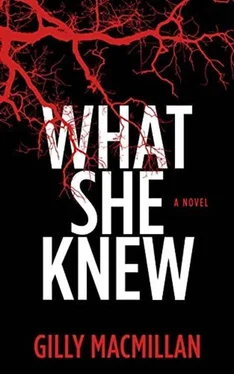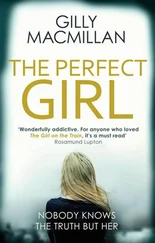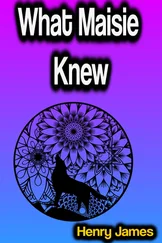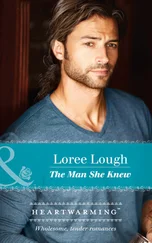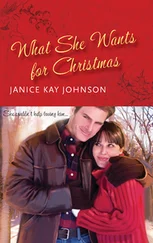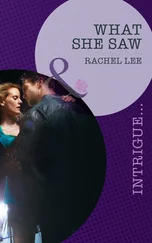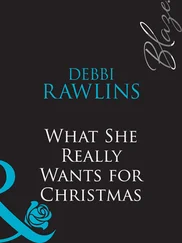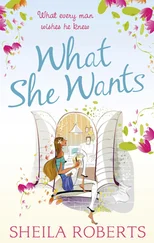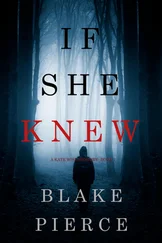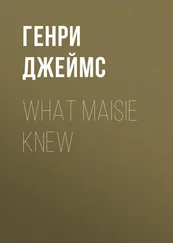FM: Were you thinking of Emma?
JC: I might have been.
FM: You suffered a very traumatic loss that day. You lost a relationship with somebody you had extremely strong feelings for.
JC: It was nothing compared to what Benedict Finch might have been going through.
FM: That doesn’t mean it wasn’t significant. Would you say this time might have been the start of the insomnia that plagues you now?
JC: I don’t want to talk about it.
FM: I believe we have to talk about this, or we can’t make progress.
JC: It’s not relevant.
FM: I believe it is. Think about it. I’d like to discuss it at our next session.
JC: Fine.
He coaxes his lips up into a smile for me, but the look in his eyes is far from happy. I can see that he’s just being polite and I have to remind myself that that is, after all, progress. The problem is: it’s too slow.
It was John who had cried out in pain. I found him on the corner of the street, fallen, his head smashed open against the side of the kerb, his face damaged too, his ear pulpy. The amount of blood on his face and beneath him was sickening. It was matted in his hair, sticky and dark on the pavement, and it soaked into my knees and covered my hands as I knelt beside him.
He was unconscious; eyes glassy. I peeled off my jumper and pressed it against his head, trying to stem the blood flow. I screamed over and over again for help.
When the paramedics came they moved quickly and worked with a quiet urgency that frightened me. There was no joking, and no smiling. Uniformed police officers arrived too. They lent me a phone to ring Katrina, and I told her and then handed the phone to one of the paramedics who instructed her to meet them at A & E at the Bristol Royal Infirmary.
When they were finally ready to move John, they rolled him carefully onto a stretcher and eased it into the ambulance, one of them seated in the back beside John’s inert form. It was shocking, that, the absence of him. That, and the amount of blood.
‘Will be he all right?’ I asked.
‘Head injuries are very serious,’ they told me. ‘Unpredictable. You did well to call us so quickly.’ There were no reassurances.
Part of me didn’t want to let him go on his own, but the police knew Katrina was meeting him at the hospital and they wanted to take a statement from me. As the ambulance disappeared into the night underneath its pulsing halo of blue light, I walked back down the street. A uniformed officer accompanied me. Two police cars were still parked at drunken angles, blocking off the scene.
In the house, they took my statement. More officers arrived and took photographs, and then they put the brick in a plastic bag and took it away. They helped me clear up the glass while somebody they’d organised boarded up my window. They said they’d station somebody outside the house for the rest of the night.
One thing the police all agreed on, and they even had a laugh about it, was that it was ironic that nobody from the press had been there to witness the incident. The three journalists and one photographer who’d had the stamina to stake out the house overnight had wandered down the road to get food.
They’d reappeared, kebabs in hand, shreds of iceberg lettuce falling from them, as the ambulance doors had been slammed shut and John had been driven away.
It was the only thing to be grateful for.
I slept in the front bedroom that night, in my own bed, wanting to know that the police car they’d stationed there for the night was just outside, wanting the security of that. In case I had to shout out. Bang on the window. In case I heard somebody creep into my house, wanting to do me harm.
I took Ben’s duvet and pillow from his bed and brought them with me. I stripped away my own bedding, piling it on the floor, and arranged Ben’s stuff carefully on my bed, with his nunny, and his Baggy Bear.
I listened all night for the sound of footfall again, and I lay rigid when voices loomed out of the darkness. They were the usual Saturday night revellers returning home, but their shouts and their drunken laughter sounded hostile to me now. Every noise I heard that night was laced with menace.
It was Emma who I thought of all the way home. I thought of telling her about the CCTV, that grainy image of Lucas Grantham driving across the bridge in a blue Peugeot 305, his bike on a rack on the back. I thought of driving to her flat and holding her, trying to find a way forward. I felt my exhaustion drug me, dull my senses and my reactions, addle my brain. I felt like part of me was missing.
I went to bed after midnight. I’d treated myself to a packet of cigarettes, a consolation prize for the demise of the best relationship I’d ever had, and I sucked on one after the other, the smoke hitting my lungs like a wallop, making them ache. I drank most of a pot of coffee far too late. I felt like I should keep working, scouring Lucas Grantham’s background, but my concentration was shot to pieces and so I got under my covers and tasted the bitter residue of the fags mixed with toothpaste on my tongue and thought about the CCTV and what it meant, and thought about what Emma might be doing.
It wasn’t her that got into my head for rest of that night, though.
When I finally shut my eyes and tried to sleep, my brain had a different plan.
It pulled me back to my past, and it did it swiftly, like an ocean current that’s merciless and strong. It took me back to my childhood, where it had a memory to replay for me, a videotape of my past that it had dug out of the back of a drawer where I’d shoved it, long ago, hoping to forget.
When the memory starts I’m on the landing at my parents’ house, looking through the banisters. I’m eight years old, exactly the same age as Benedict Finch. I’m at home, and it’s well past my bedtime.
Down below, the hallway is dark because it’s night and it’s hard to see, but when the front door opens I know it’s my sister Becky because of the way she closes it ever so softly, trying not to make a sound. She’s wearing a party dress, which looked pretty when she went out earlier, but now it’s a mess and her tights have got a big rip on one leg. Her eyes look horrible, like she’s been crying black tears.
She yelps when she realises my dad’s standing in the hall opposite her. He’s wearing his day clothes and holding a cigarette that glows red. Becky doesn’t move.
‘What did you see?’ Dad asks her. His face is in shadows.
She shakes her head in a tight way, says, ‘Nothing.’
‘Don’t muck me about, Rebecca.’
A sob comes from her; it makes her body buckle. ‘I saw the girl,’ she says. ‘And I saw you.’
‘You shouldn’t have been there,’ he says.
‘She was hurt, but you didn’t care,’ Becky chokes out her words. ‘You gave her to that man, I saw you do it, she was begging, she was crying and you did nothing, you let it happen. They shoved her in the car. I wasn’t born yesterday, Dad!’
She tries to lift her head and look at him all proud, like she usually is, but instead her back slides down the wall so she’s on the floor. Dad crouches in front of her.
‘Keep your voice down,’ he says to her, ‘or you’ll wake your mum.’ He takes her chin between his fingers and wrenches her head up so she’s looking at him.
I don’t know what to do. I want to look away but I can’t stop watching. I want to stop them both from arguing. I don’t want him to hurt her.
I see a big china dog on a shelf beside me. It belongs to my mum. She loves that dog. She likes the smooth, nubbly texture of its ears. I pick it up. I don’t want to smash my mum’s china dog and I don’t want to hurt anybody, but I’m desperate to distract Dad and Becky, to stop the thing that’s happening. I throw it, as hard as I can, but it hits the top of the banisters and so it smashes right by me and rains shards of china around my feet as well as down onto my dad and Becky below. I see this as if it’s in slow motion.
Читать дальше
